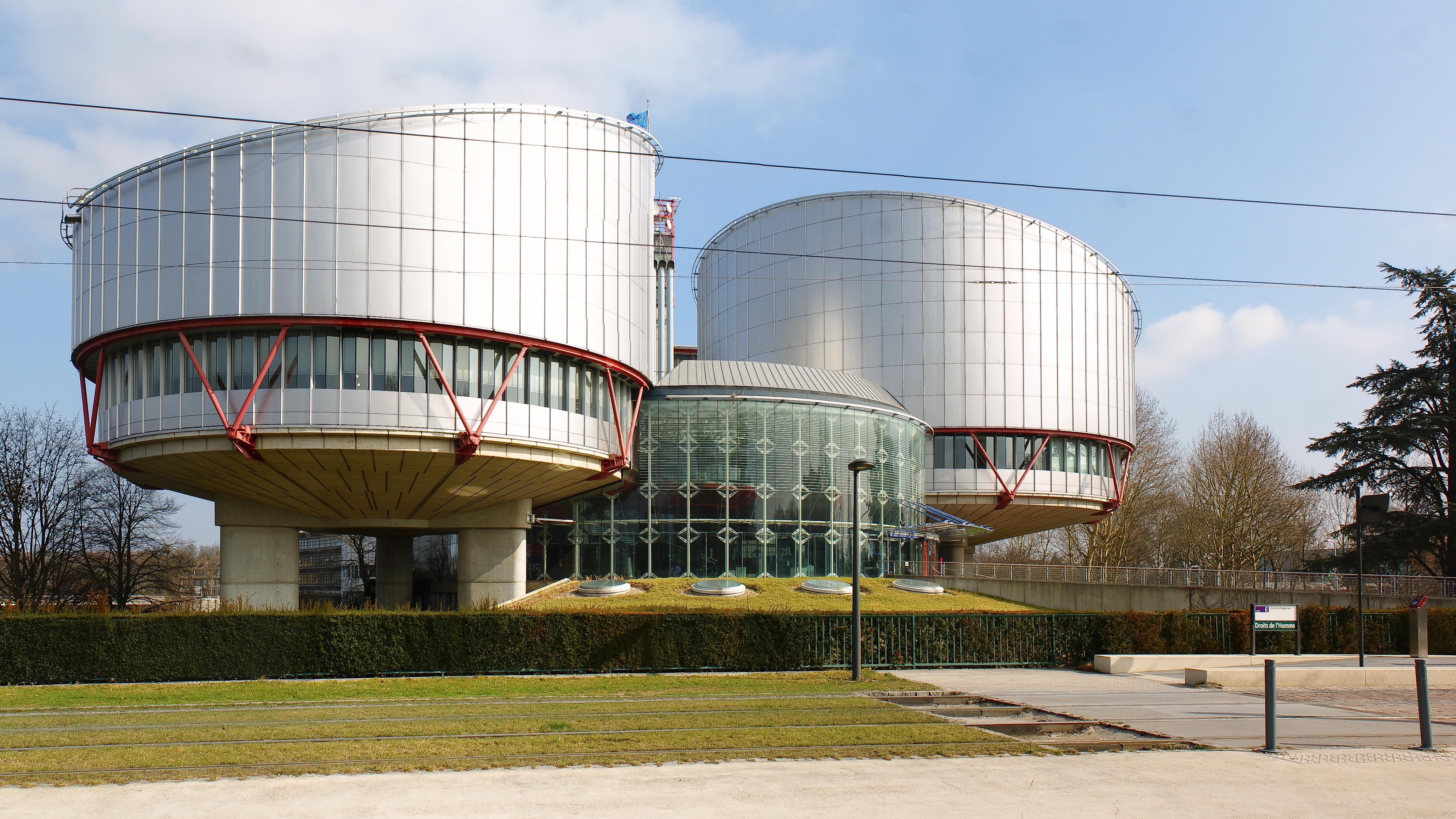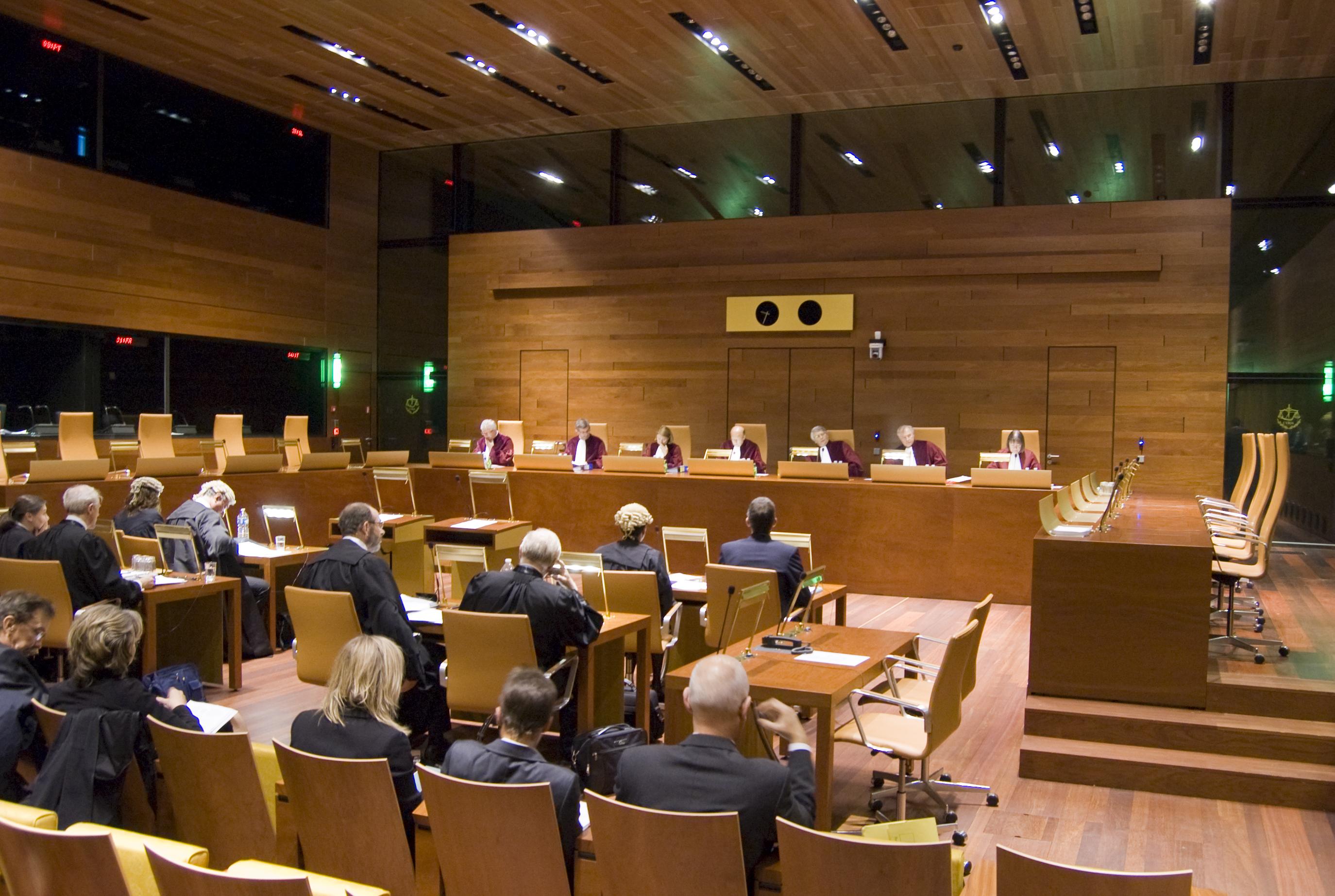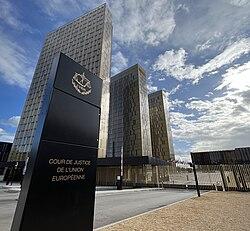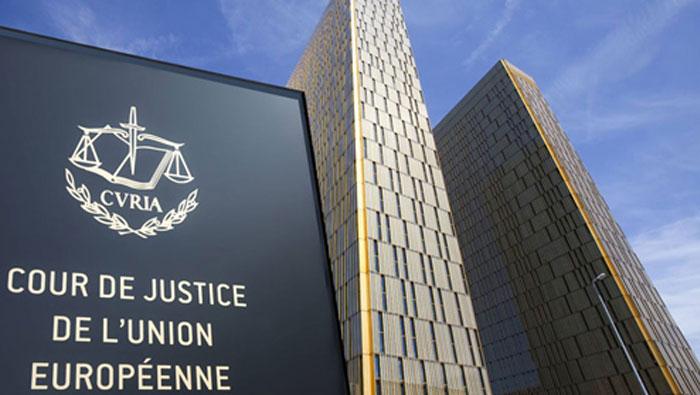EU Court Faces Pressure to Address Hungary’s Controversial Anti-LGBTQ+ Legislation
The ongoing legal battle surrounding Hungary’s controversial anti-LGBTQ+ legislation has intensified, with the European Union’s top court now under considerable pressure to intervene. This legislation, which has faced widespread condemnation from human rights organizations and LGBTQ+ advocates, includes provisions that effectively limit the rights and freedoms of sexual minorities across the nation. As the EU Court reviews the complexities of these laws, various stakeholders are calling for decisive action, underscoring the necessity of aligning Hungary’s policies with EU values regarding equality and non-discrimination. Key arguments include:
- Human Rights Violations: Critics emphasize that the legislation infringes on the basic rights guaranteed by the EU treaties.
- Precedent for Future Cases: A ruling against hungary could establish a critical precedent for safeguarding LGBTQ+ rights across member states.
- public Sentiment: Growing public dissent within Hungary and across Europe suggests that citizens are increasingly opposed to discriminatory laws.
Moreover, the implications of the court’s decision could reverberate beyond Hungary’s borders, potentially serving as a catalyst for a broader EU initiative to reinforce protections for marginalized communities. Legal experts suggest that the court’s forthcoming ruling must reflect a commitment to uphold democratic values, ensuring that member states cannot enact laws that undermine the dignity of individuals based on their sexual orientation. As stakeholders await the court’s verdict, the eyes of the EU, and indeed the world, remain firmly fixed on how this pivotal case will shape the landscape of human rights within Europe.

legal Implications of Hungary’s Law and Its Potential Impact on EU Values
The recent legal challenge against Hungary’s law banning the “promotion” of homosexuality raises important questions surrounding the adherence to European Union values. Critics argue that this legislation undermines fundamental rights such as freedom of expression and equality, which are pillars of the EU’s founding principles. The potential ruling by the EU court may set a critical precedent, clarifying the extent to which EU member states can legislate on social issues that intersect with human rights and equality. As concerns mount over Hungary’s alignment with EU norms, the outcome of this legal battle could lead to far-reaching ramifications for not just Hungary, but for the EU’s collective commitment to fostering an inclusive society.
Legal experts anticipate that a ruling against Hungary could reaffirm the EU’s stance on LGBTQ+ rights, potentially leading to stronger enforcement mechanisms against member states that violate anti-discrimination laws. This could open the door to a broader dialog about the enforcement of Article 2 of the Treaty on European Union, which upholds the values of human dignity, freedom, democracy, equality, the rule of law, and respect for human rights.Additionally, should the court favor the EU’s position, Hungary may face significant political and financial repercussions, including the possibility of losing access to crucial EU funding, thereby prompting a reconsideration of its current policies. Expectations are high that the court’s decision will serve as a defining moment, reaffirming the EU’s commitment to uphold its values amidst rising nationalism within its borders.

Human Rights Advocates Call for Swift Action to Protect LGBTQ+ Rights in Hungary
Human rights advocates are intensifying their calls for immediate intervention to safeguard the rights of LGBTQ+ individuals in Hungary, as the European Court of Justice prepares to examine the controversial anti-LGBTQ+ legislation implemented by the Hungarian government. Critics argue that this law not only undermines the dignity and freedom of LGBTQ+ citizens but also breaches the core principles of the European Union’s commitment to human rights and equality. Many activists contend that the law serves as a tool for discrimination and marginalization, highlighting the urgent need for judicial clarity and action.
As the court deliberates, proponents of LGBTQ+ rights are presenting a united front, articulating crucial points:
- Legal Precedent: The ruling could set a vital precedent for othre EU nations grappling with similar issues.
- Public Sentiment: A significant portion of the Hungarian population supports LGBTQ+ rights, reflecting a disconnect between government policies and societal views.
- International Obligation: Hungary’s actions raise concerns about compliance with international human rights treaties to which it is indeed a signatory.
Advocates assert that the battle for LGBTQ+ rights is far from over and urge the EU court to not only annul the law but also to reaffirm its commitment to protecting vulnerable communities across the continent.

Recommendations for Strengthening EU Frameworks Against Discriminatory Practices
To combat discriminatory practices effectively, it is essential that the European Union enhances its legal and policy frameworks. This can be achieved thru the establishment of clear and consistent anti-discrimination directives that reflect the values of equality and inclusivity across all member states. Moreover, a comprehensive approach should involve the integration of LGBTQ+ rights into broader human rights policies, ensuring that all regulations are aligned with the EU’s fundamental principles. Collaborative efforts with stakeholders,including civil society organizations,can definitely help identify gaps and develop targeted interventions to address specific vulnerabilities faced by marginalized communities.
Additionally, the EU should prioritize monitoring and enforcement mechanisms that hold countries accountable for discriminatory legislation, such as Hungary’s anti-LGBTQ+ law. This might include the following strategies:
- Implementing sanctions or incentives for member states based on their adherence to non-discrimination standards.
- Establishing a dedicated task force to investigate and address violations of LGBTQ+ rights within the EU.
- Enhancing public awareness campaigns to educate citizens about their rights and the importance of solidarity against discrimination.
Investing in these areas will not only strengthen the EU’s institutional response to discriminatory practices but also foster a culture of respect and acceptance for diversity among all member nations.
